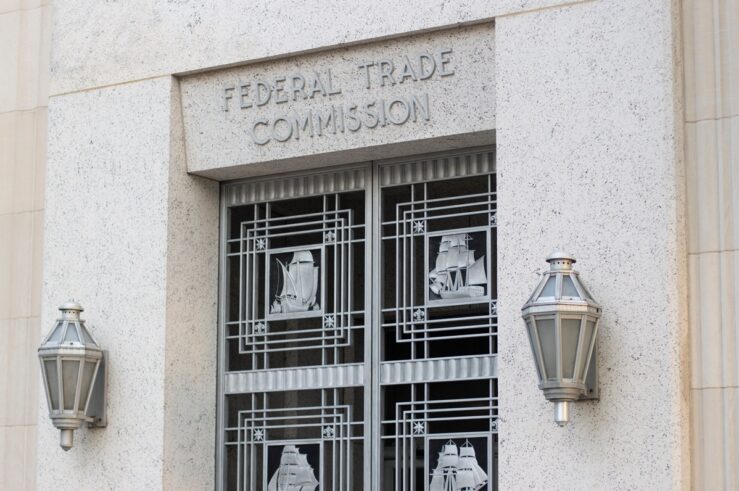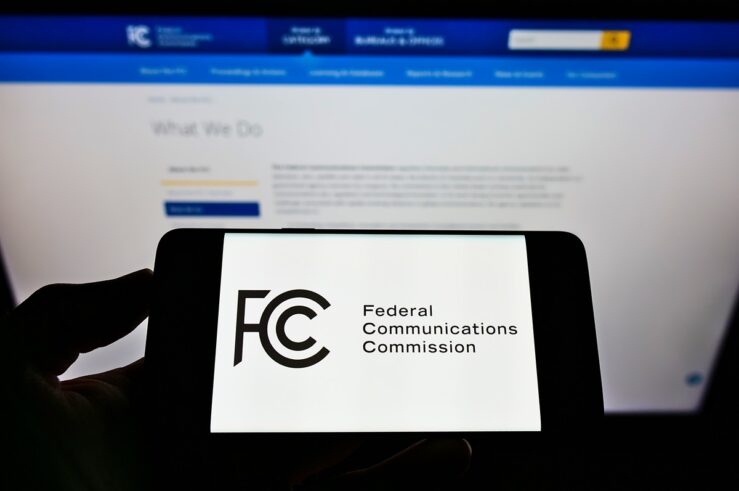Many observers have been shocked by the level of government involvement in the U.S. economy in recent days. Among other things, the government has (1) bailed out an insurance company that got “too big to fail,” (2) decided to spend up to $700 billion buying the distressed assets of financial firms (and apparently directly investing in those firms), and (3) banned investors from short-selling the securities of a number of firms. Seems like a pretty massive governmental response, no?
No, says Judge Posner. This is really a “private sector” response. He explains:
But here is a remarkable thing about these responses. To a great extent they are not responses by government, really, but by the private sector. Bernanke and Paulson are neither politicians nor civil servants; Bernanke is an economics professor and Paulson is an investment banker. Their principal advisers are investment bankers rather than Fed and Treasury employees. Even the prohibition on short-selling, which seems like a product of the kind of mindless hostility to speculation that one expects from politicians, has been strongly urged by Wall Streeters, including the CEO of Morgan Stanley. The White House, the Congress, and even the SEC have been only bit players in the response to the crisis.
Posner’s position seems to be that because individuals from the private sector proposed these initiatives, the initiatives are ultimately private sector actions. That’s ridiculous (and remarkably naive for a thinker as astute as Posner). Because practically every governmental action creates some “winners” in the private sector, private actors spend gobs of time and effort advocating for government initiatives (regulations, etc.) that will benefit them. Via their various lobbying activities, they have a tremendous amount of input into the substance of various rules and initiatives. But that in no way implies that the actions at issue are private actions. Rather, the private actors just managed to convince politicians to undertake the public actions that those private actors preferred.
To determine whether an action is a private action or a government action, one should not merely ask whose idea the action was (i.e., was it an elected representative’s or a private citizen’s?), for private citizens routinely initiate and recommend state action. Instead, one should ask whether the action was accomplished by a threat to use force legitimately. Because the state has a monopoly on the legitimate use of force (at least outside the realm of self-defense), the key question is whether the action required the threat of such force.
For example, a vulture fund’s purchase of distressed assets is private action because no one was coerced by threat of force into tendering his or her money to accomplish that transaction. On the other hand, when the U.S. government uses tax dollars to buy up troubled assets, the threat of legitimate force is a necessary part of the deal: citizens who refuse to contribute taxes to the purchase fund may legitimately be thrown into jail. Similarly, if the owners of a private market voluntarily adopt a rule that sellers at the market may not sell borrowed stuff that they do not actually own, the effective ban on short-selling amounts to private action. By contrast, if traders’ agreements not to engage in short-selling are procured by public officials’ threats to use force (legitimately), the short-selling ban is government action. And that is true even if some private actors, who stood to benefit from a short-selling ban, lobbied the government to threaten the use of force.
So is this all just semantics? I think not. Private action, induced without any threat to use force, is voluntary. That being so, we can be pretty sure that the parties engaging in the action perceive it to leave them better off. Assuming the action involves no negative third-party effects (negative externalities), the action is likely welfare-enhancing. In addition, permitting it respects the actor’s autonomy. When action is instead induced by the threat of force — even legitimate force — we can’t be confident that it leaves the actor better off. The action is thus more likely to reduce wealth and to infringe upon the autonomy of the coerced actor.
The upshot is that government action, unlike private action (other than that involving negative third-party effects), generally needs a justification. If we follow Judge Posner’s approach of defining government action as only those activities that are proposed by public officials acting in their official capacity and without any input from private actors, we may let our public officials get by with way too much.




